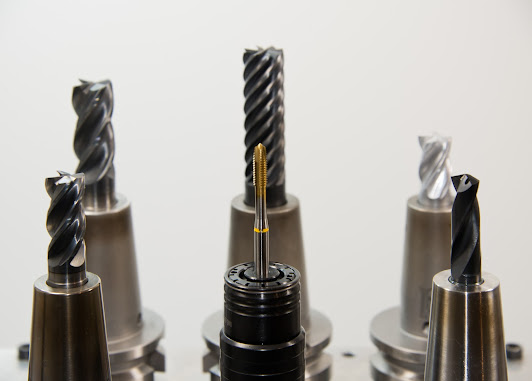Basic Differences Between Renting and Leasing Equipment
The very first thing to consider is the frequency of the use of the piece of equipment. You need to look at your present needs and workload, in addition to considering your projected future needs.
If you use the equipment 60% of the time or more then it’ll be better to buy the equipment or choose a lease to own. If you’re just planning to use the piece of equipment occasionally or seasonally or if it’s a piece of specialty equipment that is only needed for a few jobs, then you should consider renting. Other considerations will be to calculate all related costs, working capital, depreciation, transportation of equipment, repairs, and maintenance, and resale value.
Renting
Renting construction equipment from any California Power Tool Store provides you with maximum flexibility. Maximum rental companies provide daily, weekly and monthly rates so you needn’t pay for equipment that you don’t use actively. You also needn’t worry about maintenance and upkeep, expensive repairs, and rented equipment can be written off as business expenditure.
There’s nothing to worry about transportation costs as maximum rental companies will supply the equipment to your job site and pick it up once you complete. Usually, rental companies have a plethora of makes and models to choose from, to provide you with the opportunity to choose equipment from various manufacturers if you buy in the future. Additionally, maximum rental companies carry the present model year of equipment. So, you can use the latest and the best that manufacturers can provide you with.
However, a downside of renting is that the cost to rent is usually more compared to a lease or loan payment. Moreover, you must check the rental rates for the entire time you plan to use the equipment and make the most cost-effective decision. It has been observed that if you are renting daily, you pay more once you hit the three-day mark compared to if you had only rented for the whole week.
Leasing
Leasing combines certain benefits of both renting and buying. Lease options differ. However, they are usually for a year or more. Leasing includes lesser upfront cost as you ideally needn’t make a down payment and it frees up capital too and doesn’t tie up credit lines.
Moreover, leasing allows you the option to get a new model every couple of years. Some leases offer flexible terms or seasonal payments which allow you to skip payments or pay less during slower months. Leases typically have higher interest rates and higher insurance rates than buying equipment outright and huge penalties are charged if you break your lease earlier. So, you need to pay the total lease term irrespective of whether or not you are still using the equipment.
Leases are categorized as either a capital lease or an operating lease though a few manufacturers have variations on both. During a capital lease, the lessee is treated as the owner of the equipment. So, you’ll be responsible for all maintenance, taxes, and insurance, also meaning that depreciation and interest on the equipment can be written off.
Capital leases also allow you to take advantage of the IRS Section 179 Deduction of $500,000. Capital leases comprise a bargain purchase option to purchase once the lease terms are fulfilled. They are usually longer and the payments are higher compared to an operating lease.
During an operating lease, the lessor is considered the owner of the equipment and is like a rental agreement. The lessor has to maintain the equipment and all payments are considered an operating expenditure for the lessee. Both options have their pros and cons and should be considered while deciding what type of lease to undertake.
Inference
Occasionally, you may have to rent equipment for particular tasks or during peak times for your business to supplement the equipment you already have from the best online tool store in California. Irrespective of your choice, you must consider all factors to make an informed decision on what suits your company's needs the best so you won’t end up with either renter’s remorse or a lessee’s remorse.




Comments
Post a Comment